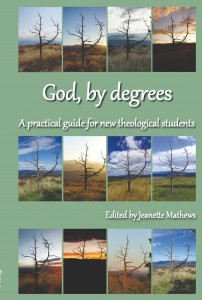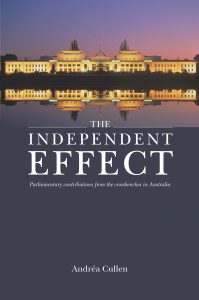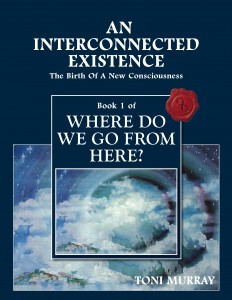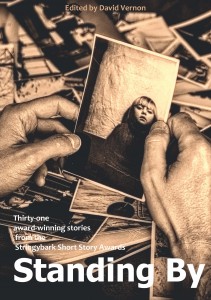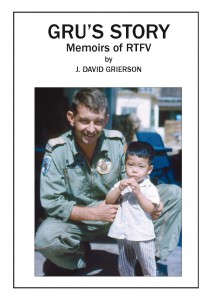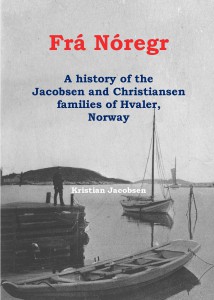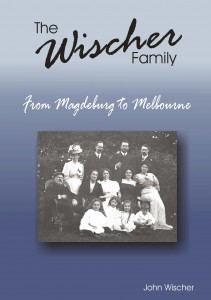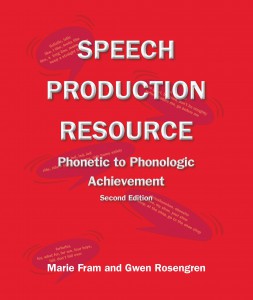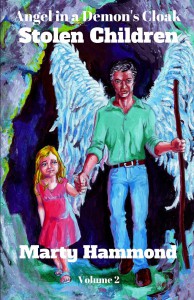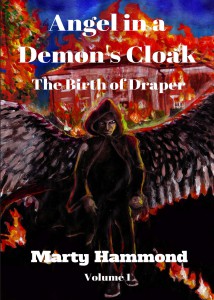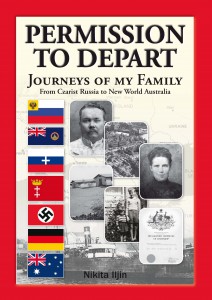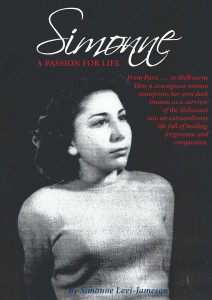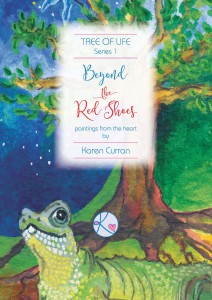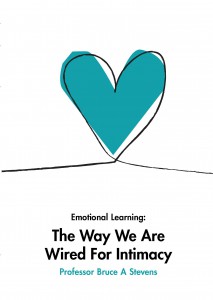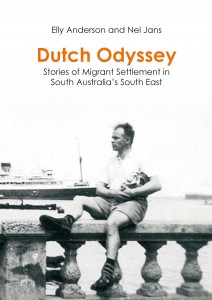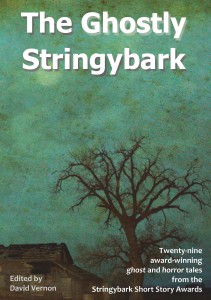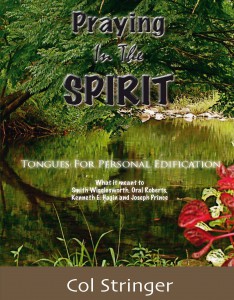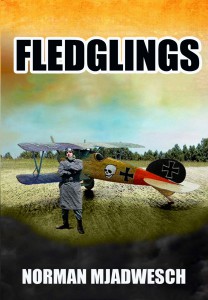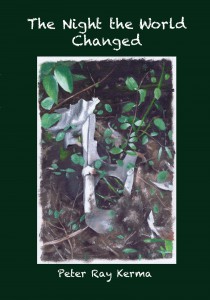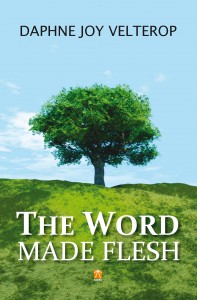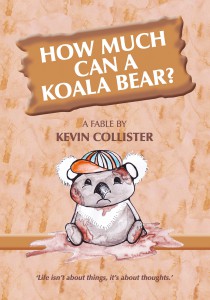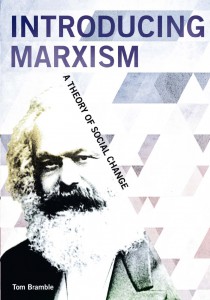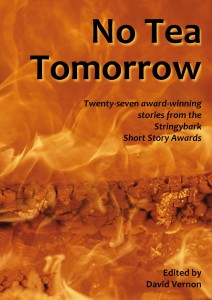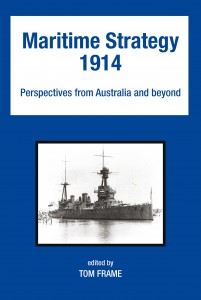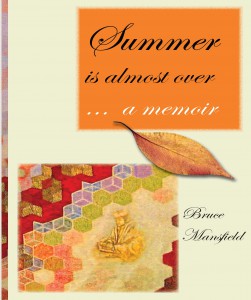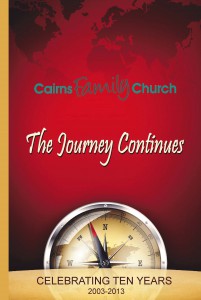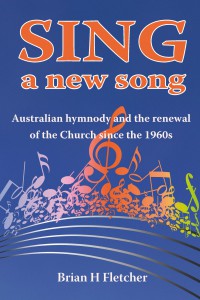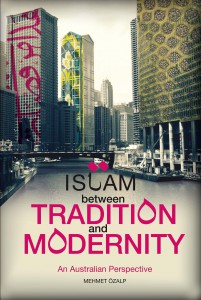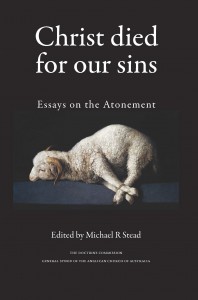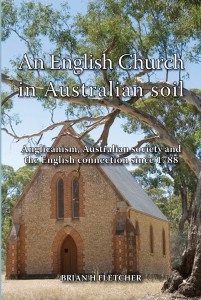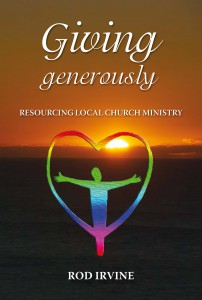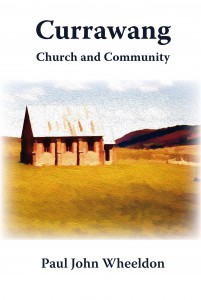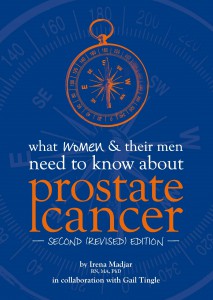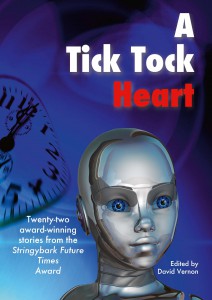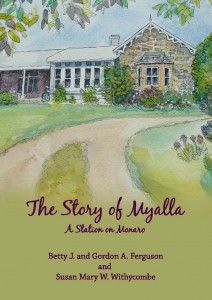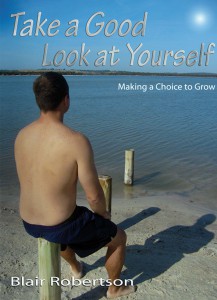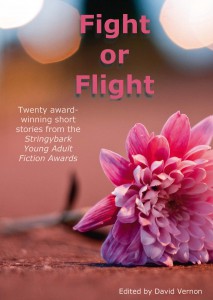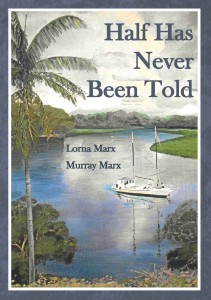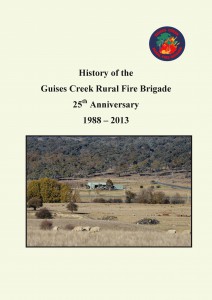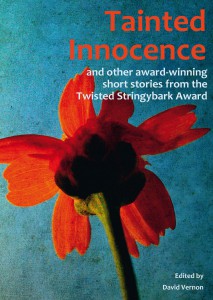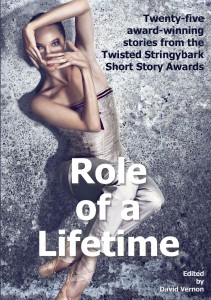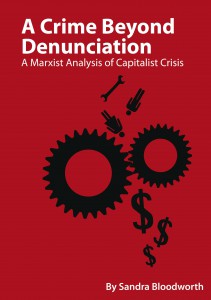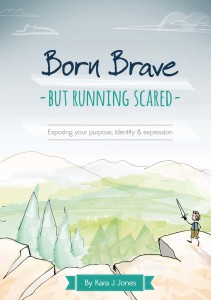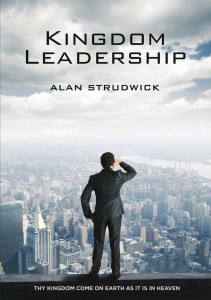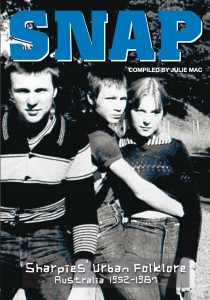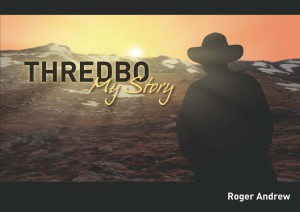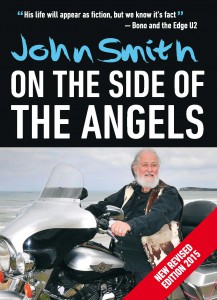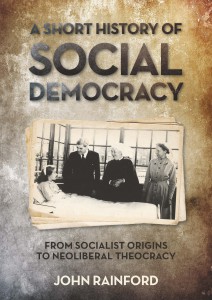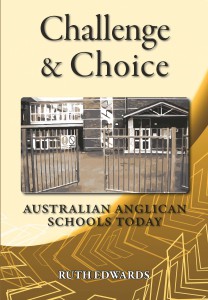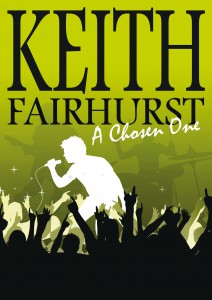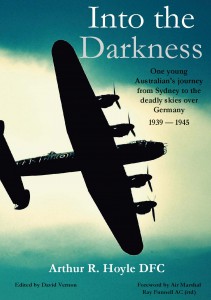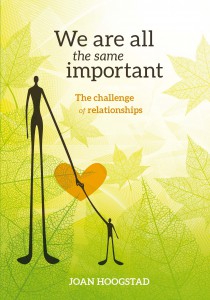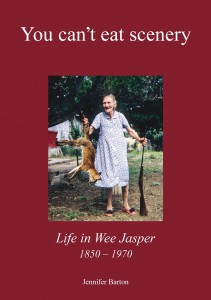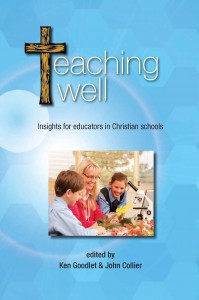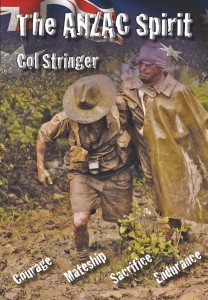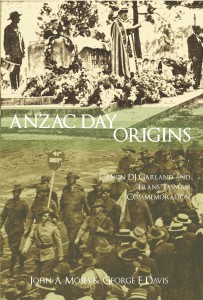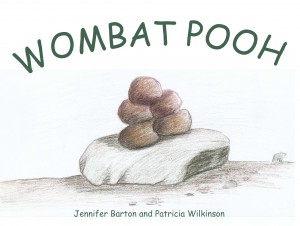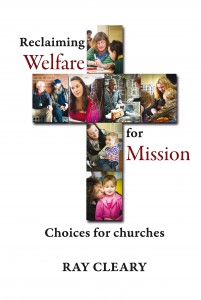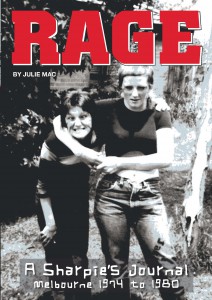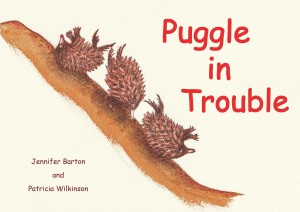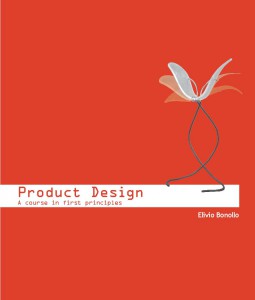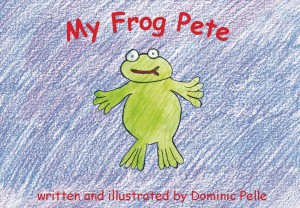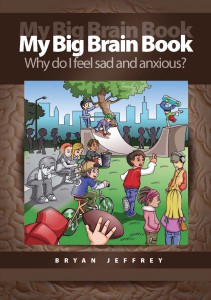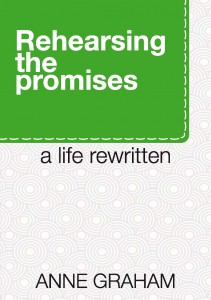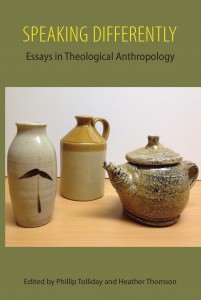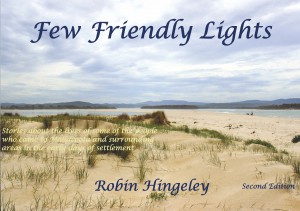Overview
God, by degrees is written for students of academic theology. It has been prepared by a community of teachers sharing common experiences of working with generations of commencing students confused, anxious or energised by a new world of study. Expressed in plain language and featuring many practical tips, the book leads students through the essentials of preparing to study theology at a deeper level with a critical focus. The first of three parts explores the principles that undergird the study of theology. These principles include faith, doubt, discipline and the place of community conversation. The second and third parts are practical in presenting and explaining a range of study skills intended to guide students producing theological assignments and academic papers. Helpful appendices, introduced by the reflection of a successful student, include useful texts and websites, a guide for referencing, a template for exegesis and a glossary of basic theological terms. ‘Journey’ is a key theme in this text. It acknowledges that all of us are still travelling in our quest to know God. God, by degrees suggests that academic theological study is continuous but incremental. It is intended to be an encouraging and practical guide for those daring enough to persist with the journey.
From the Preface by Andrew Cameron, Director of St Mark’s National Theological Centre
I’m privileged to introduce this book about the study of theology. It’s been written by several accomplished teachers. At the time of writing, I am new to their ranks — I joined St Mark’s National Theological Centre in Canberra as the book neared completion. But you’ll immediately see what excellent guides they are. They know their profession, and they love pointing others toward God.
When I studied theology in my early twenties, I had the oddest experience. About halfway into my studies, all the theological words somehow lost their meaning. I could understand their definitions, yet was adrift in a sea of utterances that no longer connected me to what most mattered to me. I felt completely destabilised. The problem lasted for many weeks, and then vanished just as mysteriously.
Now I realise that medical students have a similar experience where they cannot trust their bodies simply because they know its details. Similarly, budding economists wonder if money has any reality to it. Maybe budding physicists find matter harder to believe in! It’s normal to become a little undone by the close study of something important. This book will help such experiences to become less distressing. Rather than signalling some sort of disaster, they can be the beginning of something new and good. Thankfully, a good education also puts us back together again.
I had another, better experience. It was a kind of culture-shock, like going to another country. I met Christians past and present who were very different to me. They also disoriented me for a time, until I began to see how what mattered to them can — and sometimes should — also matter to me. (I hope others also learnt something from me!) Theology is like that: it is intensely, inherently communal. We’ll have more to say about that in these pages.
The authors of this book know how to navigate these personal aspects of theological study. They also share excellent practical tips on how to edge your way into study, research and writing, if that’s outside your comfort zone.
I love a moment in the Bible that says ‘God did not give us a spirit of cowardice, but rather a spirit of power and of love and of self-discipline’ (2 Timothy 1:7, NRSV). Imagine how great it would be to own that. Imagine knowing something of the God who does that. Imagine being set free from the anxieties that so often possess us and make us timid. Imagine becoming persons of such love for others, that we know the power of our own agency, and the possibility of appropriate self-restraint. Imagine having such a ‘spirit’ (or ‘Spirit’). Imagine such a life ‘in Christ Jesus’ (2 Timothy 1:1).
Digesting utterances like this, and so much else in the Bible and the Christian tradition, becomes the story of a lifetime. I’ve grown to delight in that kind of life. The people who write this book delight in it too. I’ll be praying that as a reader of this book, you’ll discover it with us.
Contributors Information
Matthew Anstey is Principal at St Barnabas’ College in Adelaide and Senior Lecturer in the School of Theology at Charles Sturt University. He is Canon Theologian for the Anglican Diocese of Adelaide and Visiting Fellow in Linguistics at Australian National University.
Matthew Brain teaches Practical Theology subjects in the School of ᜀeology at Charles Sturt University and is based at St Mark’s National Theological Centre in Canberra.
Geoff Broughton teaches Systematic Theology subjects in the School of Theology at Charles Sturt University and is based at St Mark’s National Theological Centre in Canberra.
Seforosa Carroll is an adjunct lecturer in contextual and cross cultural theologies in the School of Theology at Charles Sturt University and is based at United ᜀeological College in North Parramatta where she is currently the First year mentor.
Tom Frame was Director of St Mark’s National Theological Centre in Canberra from 2006 to 2014.
Michael Gladwin teaches Church History subjects in the School of Theology at Charles Sturt University and is based at St Mark’s National Theological Centre in Canberra.
Gregory C Jenks is Academic Dean at St Francis’ Theological College in Brisbane and is a Senior Lecturer in the School of Theology at Charles Sturt University.
Jeanette Mathews teaches Old Testament subjects in the School of Theology at Charles Sturt University and is based at St Mark’s National Theological Centre in Canberra. She is an ordained Baptist Minister.
David Neville teaches New Testament subjects in the School of Theology at Charles Sturt University and is based at St Mark’s National Theological Centre in Canberra.
Katherine Rainger is a Master of Theology student at St Mark’s National Theological Centre in Canberra.

